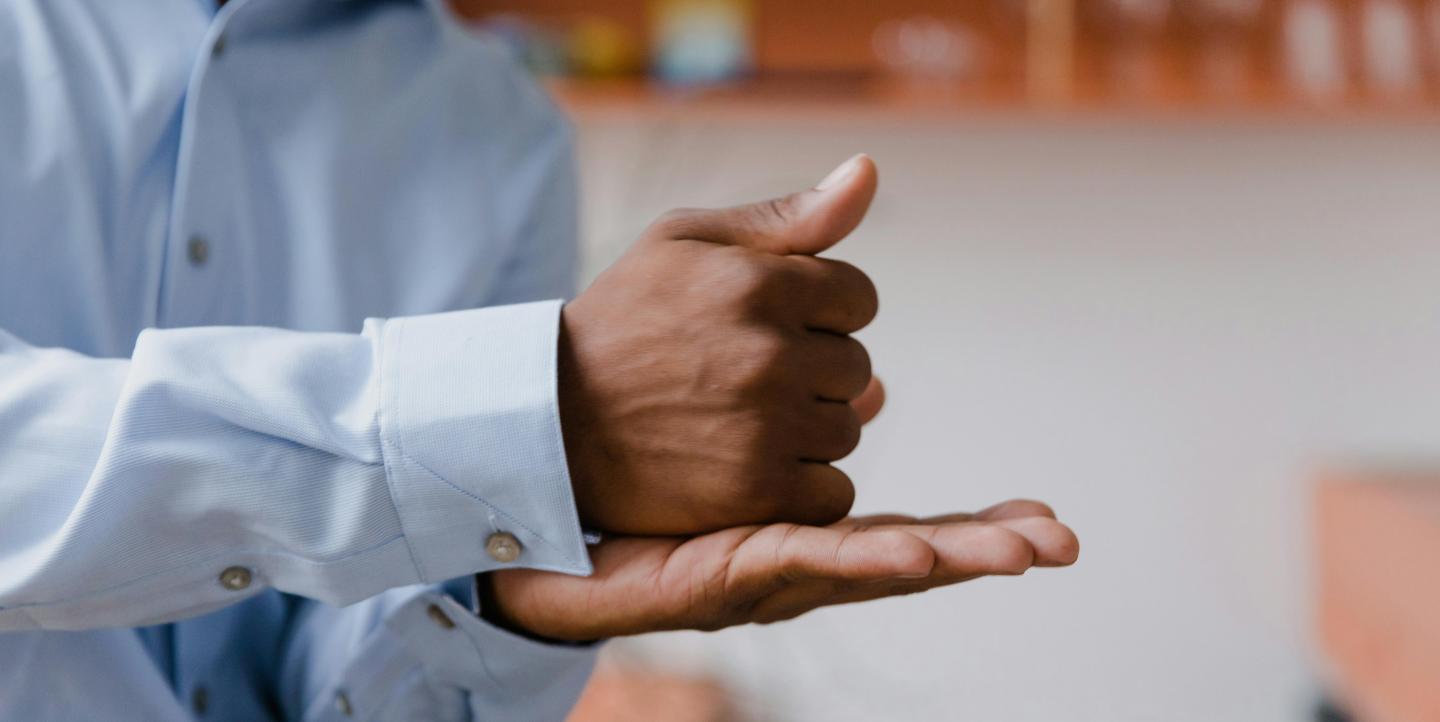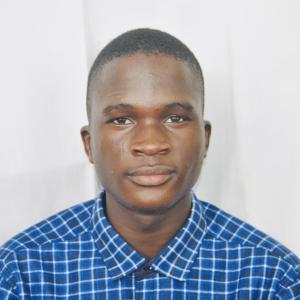Nigeria experienced a spike in health misinformation during the COVID-19 pandemic. The spread of false content undermined efforts to control the virus’ spread.
Recognizing the alarming trend, multimedia journalist Zainab Oyiza Sanni and freelance reporter Olakunle Mohammed founded a fact-checking outlet, News Verifier Africa, to verify information being circulated. “When Mohammed and I conceived the outlet in May 2020, we started off as a social media page in response to the wave of mis- [and] disinformation related to the pandemic, in Nigeria specifically,” said Sanni.
Although satisfied with their work, they soon realized that people with hearing disabilities often were not able to access their reporting – or the news in general. “An interaction with my friends in the deaf community who felt left out when I told them about the podcast and a radio drama my team was putting together to combat COVID-19 disinformation [inspired us],” said Sanni.
To address the void, in 2021 Sanni and Mohammed launched a new program through News Verifier Africa called Kudi, which uses an animated character to deliver fact-checks in sign language. The team behind Kudi spends hours scouring reports from fact-checking platforms like Dubawa, PesaCheck, Africa Check and others to inform its verification efforts.
Developing Kudi
News Verifier Africa took part in ICFJ’s LEAP innovation lab in 2022. Its experience with the program helped the team further develop Kudi, and they also revamped the News Verifier Africa website to include accessibility features, such as text-to-audio plugins and readability tools.
“We’ve always had the idea of how to make fact-checks more accessible, but there’s no specific way to go about this. The program helped us to have a specific approach to achieve this and refine our general objectives into something more specific,” said Sanni.
After brainstorming about how to develop the product, they solicited opinions from their target audience of people with disabilities to ensure that the effort meets their needs. They later reached out again to their audience for feedback on the finished Kudi character.
“We have been able to create awareness about information disorder and media literacy for the over 600 members of the Abuja Association of the Deaf. We have engaged stakeholders from across communities in Nigeria and ignited interest in fact-checking,” said Sanni.
Impacts and the future
The feedback from journalists has been positive.
Hamzat Abaga, from the Center for Inclusive Media and Education, is encouraged by Kudi’s efforts to date to reach people with disabilities. “Misinformation is dangerous and those who suffer [from] it most are those who are disabled,” he said. “By unraveling the truths behind spurious claims about health for persons with hearing impairments, the project is highly vital for promoting inclusivity in Nigeria’s media climate.”
Moving forward, Sanni said they plan to hold capacity-building workshops for deaf communities to train them on media literacy and fact-checking.
“Ultimately, this initiative has a tendency of driving African journalism forward to the necessary goal of truth, transparency and information inclusiveness for all,” said Simbiat Bakare, a copy editor at Dubawa.


